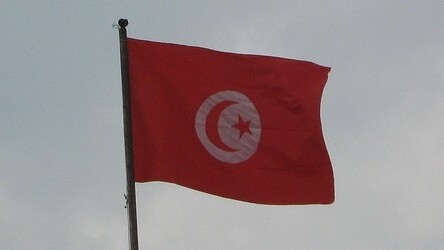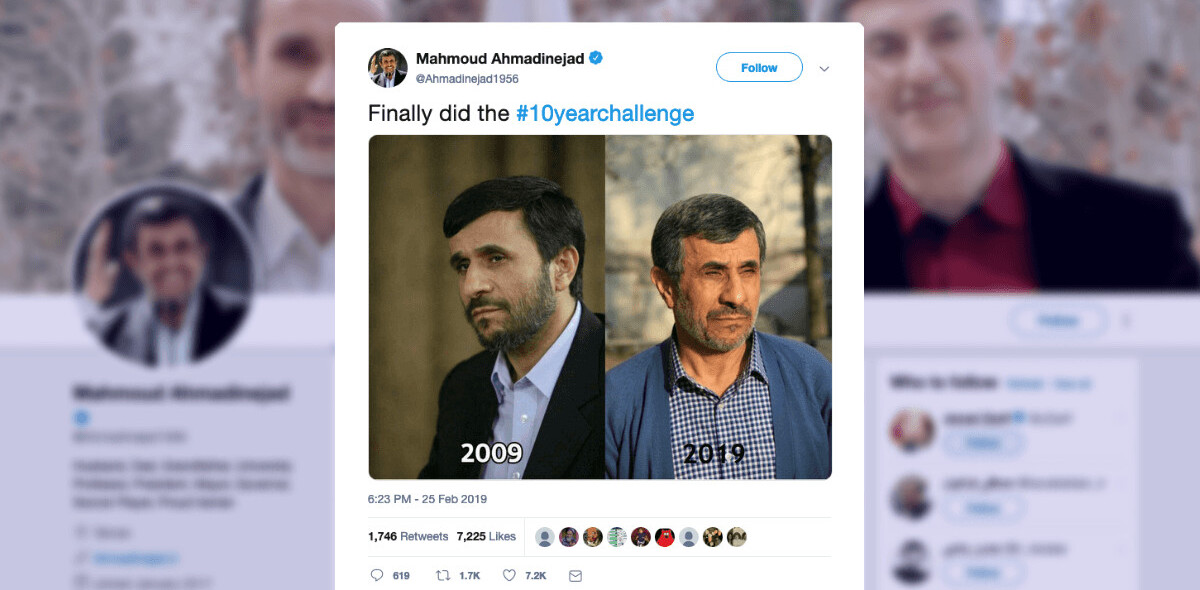
As dictatorships slowly begin to topple throughout the Middle East, more and more information is being revealed about the extent to which online activity was monitored in these countries.
The sheer scale of Libya’s Internet monitoring system was revealed when journalists and Libyan rebels gained access to Gadhafi’s intelligence agency, while in Egypt and Tunisia similar discoveries have been made. Software companies from the UK, US, Canada and France have been more than ready to sell their software to known dictatorships.
The latest piece of information that has been revealed in regard to the toppled Tunisian government is not only did a western software company give them the means to monitor their citizens’ activities, they even gave them a discount.
Speaking at the Arab Bloggers Meeting, which is currently taking place in Tunisia, the new president of the Tunisian Internet Agency (ATI), Moez Chakchouk revealed that companies offered Tunisian authorities significantly discounted prices in exchange for testing and bug-tracking. While he didn’t reveal any names due to contractual restrictions, according to the Arab Bloggers post about Chakchouk’s talk, “the Internet Agency has extracted itself from these partnerships and thus can no longer afford to censor, even if they wished to.”
It is worth mentioning that the Tunisian Internet Agency was, under Ben Ali’s regime, the hub of online censorship and monitoring, ensuring that the government kept tabs on activists, and according to Chakchouk, that is no longer the case.
According to Jillian C. York, the Director of International Freedom of Expression at the Electronic Frontier Foundation, software used by the Tunisian government included McAfee’s SmartFilter to keep Tunisian citizens from accessing certain pages, a practice which she states has not ceased, but in regard to pornographic rather than political material. Additionally, the government has also succeeded in censoring far more than just content they find morally offensive. The Facebook page of democracy activist Jalel Brick was censored by order of a Tunisian judge, and the Tunisian Internet Agency had no choice but to comply.
Tunisian citizens have expressed concern that censorship by means of a filter may result in content deemed perfectly acceptable by the Tunisian government being inadvertently blocked, as was the case of Tumblr in several Middle Eastern countries who had implemented a filter provided by Canadian software company, Netsweep.
The Tunisian Internet Agency, under Chakchouk’s leadership, has undergone a 180 degree change, and is now fighting for the complete opposite cause as its predecessors, calling for the protection of online free speech.
Get the TNW newsletter
Get the most important tech news in your inbox each week.




